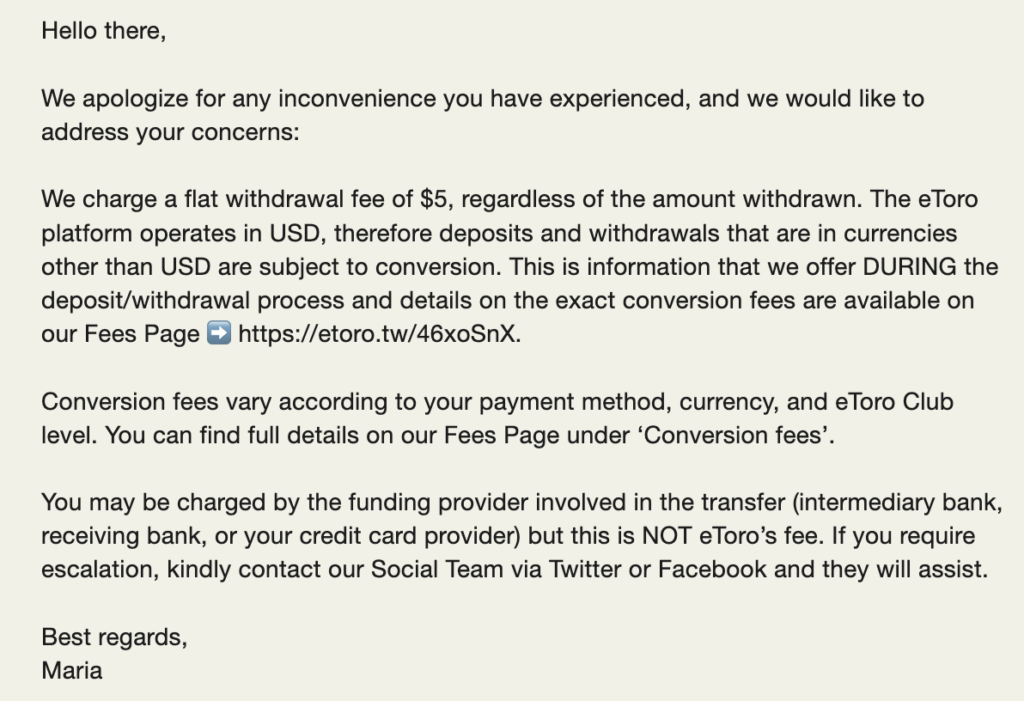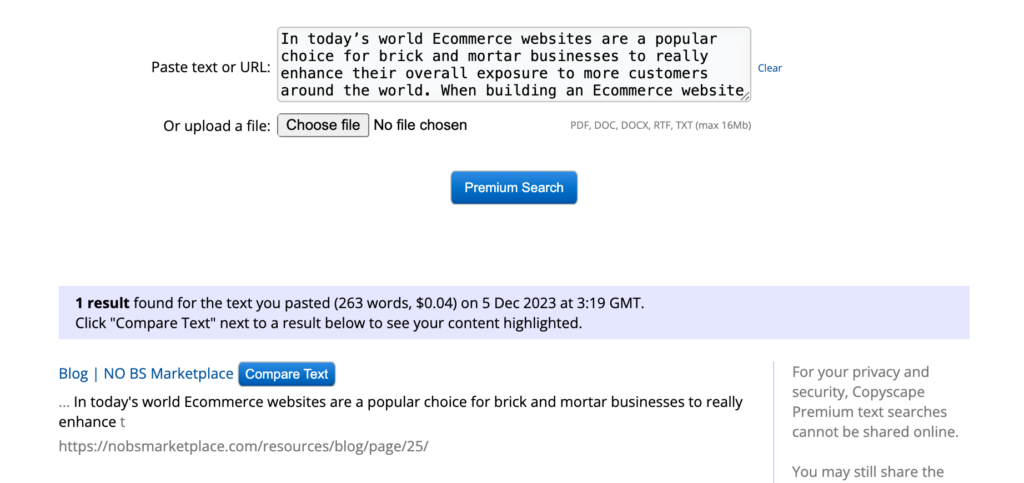In today’s world Ecommerce websites are a popular choice for brick and mortar businesses to really enhance their overall exposure to more customers around the world. When building an Ecommerce website there are so many things to consider, that it can be confusing.
However, when you get down to the basics, one thing you really need to focus on is your SEO efforts. Without proper SEO your business won’t be found online and you won’t generate the sales you’re after. While many Ecommerce websites have implemented great SEO strategies through SEO services for ecommerce websites, there are still some that are making mistakes with their SEO efforts that could be costing them a lot of money, rankings, and customers.
This guide will give you the low down on the critical SEO mistakes that many Ecommerce businesses are still making to this day that could be hurting their website rankings. So let’s get started.
Major SEO Mistakes You Need To Avoid
1. Minimal Product Description
One error that many Ecommerce websites make is not having a good product description. Some don’t even have a product description at all. This can really cause problems not only with SEO but with sales as well. From a SEO perspective you need a good keyword optimised product description of around 100-200 words to help with improving your rankings and SEO efforts. Not only that but a good, descriptive product description will also promote more sales as customers will know what they’re getting instead of buying in the dark. When writing product descriptions, you can consider the following:
- Write content that’s describes and tells the customer what they’ll be getting when purchasing the product.
- Avoid duplicate content from other websites as this will only hurt your website rankings. You can use Copyscape.com to check for duplicate content.
- Use bullet points to highlight key features of the product to make it easier for customers to glance over.
- Keep the word count between 100-200 words unless you have a complex product that requires additional information.
- Avoid using the manufacturer’s descriptions as this will cause duplicate content. If you have 15,000 products, you’ll need 15,000 unique product descriptions.Here's an example of a poor product description.
[caption id="attachment_22222" align="alignnone" width="1024"]
 example of poorly written product description[/caption]
example of poorly written product description[/caption]Here's an example of a well written product description.
[caption id="attachment_22223" align="alignnone" width="789"]
 Well written product description[/caption]
Well written product description[/caption]
2. Not Having Any Reviews

These days, buyers tend to look for product or business reviews before buying. This is to ensure they buy quality products from a respectable and reliable business. Unfortunately, there are many businesses who don’t have review sections available for customers to leave their feedback. This can damage your SEO efforts and your reputation, especially if your customers can’t find anything online about your business. Review pages tend to reach the top of Google and other search engines when searched. This is why it’s crucial for you to get reviews for your business or products. The best thing about reviews are:
- They help to keep product pages alive with link building. This helps to bring search engine crawlers back through your website time and time again, especially when you frequently update your business. These crawlers will continue to categorise and rank your website accordingly in search engines.
- They can provide you with unique, fresh and free content for your website which can improve SEO efforts.
- They can improve your businesses reputation if you gain enough good reviews.
So how do you gain reviews for your business? Generally, reviews will come on their own, however you can setup a review section on each product page to allow visitors to review products after purchase. You can also begin the process by setting up an account as a ‘fake’ individual to review your products or business on review websites. You don’t need to go overboard with the ‘fake’ reviews, you just need to get the process started for others to start reviewing. While good reviews are great, there will be times you’ll receive a bad review. In times like this you should:
- Be polite and respond to the review in a nice manner, apologising that they didn’t receive what we’re expecting and give them other options to help win them back over.
- Never get angry or tell the reviewer ‘where to go’. Remember other reviewers will see this and it may reflect their review.Here's an example of good company response to a poor review.
[caption id="attachment_22224" align="alignnone" width="750"]
 Good response to poor review[/caption]
Good response to poor review[/caption]
3. Having Duplicate Content
Duplicate content is a killer for SEO efforts. It makes it harder for search engines to rank your website and pages accordingly against websites which use the same content as you. Duplicate content can come in many different forms on Ecommerce websites. It can be in the form of:
- Duplication of product descriptions from other websites who you copied and pasted the information from.
- Duplication between your own product pages such as two products that are the same but are different colours which use the same description.
- Duplication of editorial content such as Terms and Conditions, blogs, articles, FAQs etc.
To work out which content is duplicated you can use Copyscape.com and/or use Siteliner.com to check your entire website. Here's an example of duplicate content being flagged by Copyscape.com.
[caption id="attachment_22225" align="aligncenter" width="750"] Copyscape duplicate content[/caption]
Copyscape duplicate content[/caption]
Once you have determined which content is duplicated you can then look into fixing it. The best way to fix duplicate content is to rewrite it to make it unique. If you can’t do this process, you can find freelancer writers from sites such as Upwork.com, Guru.com and Freelancer.com.
At NO-BS Marketplace we can help you with any duplicate content issues you may be having. We’re a SEO services company in Geelong who specialises in SEO services for ecommerce websites, small businesses, local businesses and start-ups.
Overall
To improve the SEO efforts of your Ecommerce website you need to look further into your ecommerce website to see whether you’ve made any of these critical mistakes. By removing and fixing these mistakes you have a better chance of really enhancing your overall website rankings on popular search engines. So have you made any of these mistakes?
